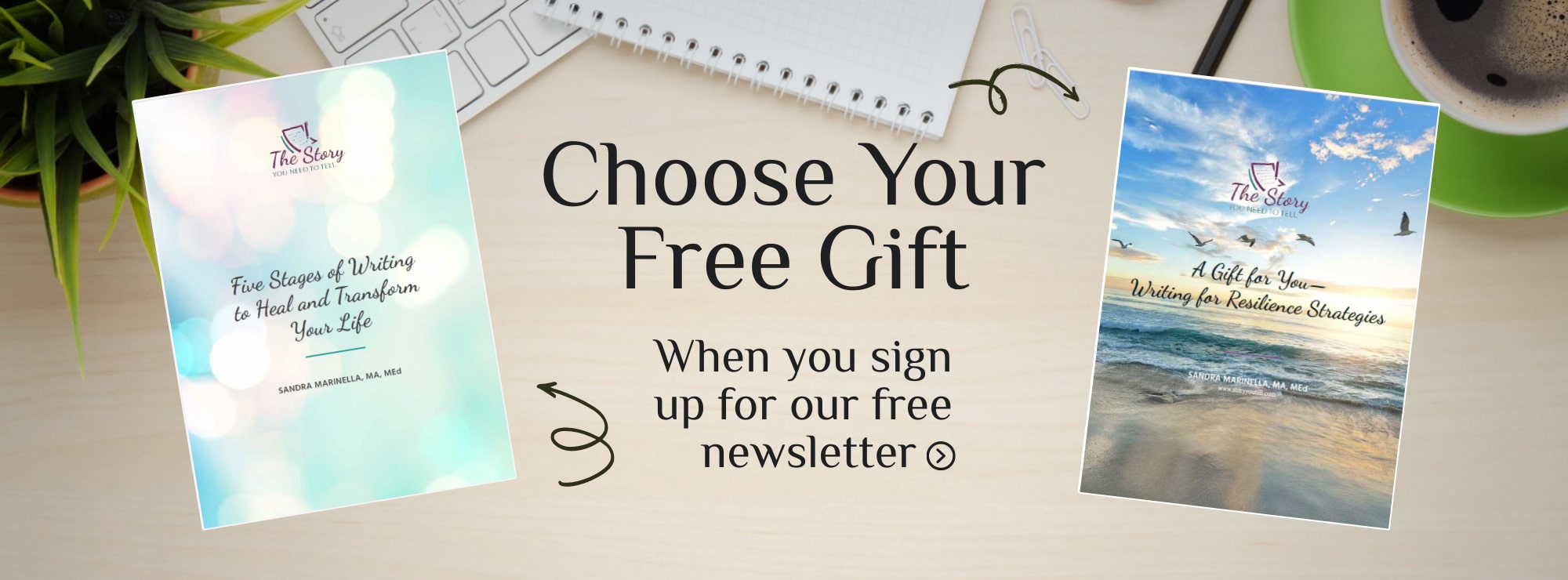You Can. You Can.
Recently I spoke to a group of organ transplant patients via Zoom. I was quite moved by their stories and coached them to share and write them. Afterwards, Taia, quiet during our Zoom, wrote to me privately. “I wanted you to know my story. I had my first transplant at age 18. Now at age twenty-six I need another kidney. It is devastating. I don’t know if I can do this again. Do you understand?”
In truth, I was not sure I could understand. At that moment I was consumed by my husband’s situation. Steve had a hernia operation on September 10. Routine. Since he was healthy and fit, we believed he would bounce right back, but twelve days later he could hardly eat or walk. During COVID we had been hesitant to go to ER, but after his physician called with results of a blood test, we knew we were possibly in a fight for his life. We went.
In ER Steve was poked and prodded and almost immediately an IV and a catheter were inserted into his swollen body. Chuck, who ran the imaging machine, joked with the attending physician, Dr. Chuck, about which “Chuck” was more important in the hospital. We batted jokes around until Dr. Chuck, who kept wiping his hands on his white medical coat, looked at the scans and squinted his eyes in the dim light before announcing, “This is kidney failure.” Like a wind tunnel these words sucked the levity out of the room. After a long pause, the doctor added, “We can reverse it, and we are going to do all we can to make that happen.” He wiped his hands down the sides of his white coat again. “You may need dialysis and possibly dialysis for life, but I think you can make it.”
“Yes,” I nodded. “You can overcome this. You can.” My words seemed to reverberate through the room. I steeled myself inside. I knew this man. I had lived with him for four decades. He was strong and even now with his body completely compromised, he joked that he was relieved that we now had a problem to solve.
As the chaplain escorted me to ICU, I repeated my new mantra to myself over and over. “You can. You can!” I used to scrawl those words all over essays when students were struggling to find their voice. Nike says, Just do it. I say, “You can.” In my heart I added, “Steve. Believe. You can.”
That night in ICU was a blur of doctor visits, blood draws, IV bags, and beeps and buzzers. At one point I reached down in my book bag and pulled out my journal. I wanted to write, but I was weary. Instead I reread what I had written that day.
My writers had been toying with a prompt I assigned, “What possibilities do you need to create?” Disappointed by our canceled beach trip last summer, I had scrawled a sketch and written about the possibility of an upcoming trip. I visualized half-built sandcastles, hotdogs dripping in mustard, kites whipping through the breeze. A beach. I saw us walking on the sand and the image lulled me to sleep. A buzzer jolted me awake, and a flurry of people in the room were switching out IV bags and talking hurriedly in hushed tones. “His sodium is going up too fast,” a doctor explained. I prayed and mumbled my mantra, but I was too exhausted to stir.
By 7 am his numbers were headed in the right direction. There was no dialysis that day. In fact, there was no dialysis at all. Once Steve’s fluids could leave his body, his kidneys kicked in and began working on their own. No infection. Recovery would take time, but he could do this.
A couple of days after ICU I faced an avalanche of ignored emails. When I saw Taia’s, I reread it carefully. She wrote, “I had my first transplant at age 18. Now at age twenty-six I need another kidney. It is devastating. I don’t know if I can do this again. Do you understand?”
I wrote a long email back and at the end, I answered her. “I think I understand. It is hard, but I believe in you. You can do this.” I skipped a couple of lines and at the bottom I scrawled the words just as I used to do on student papers, “You can. You can.”

